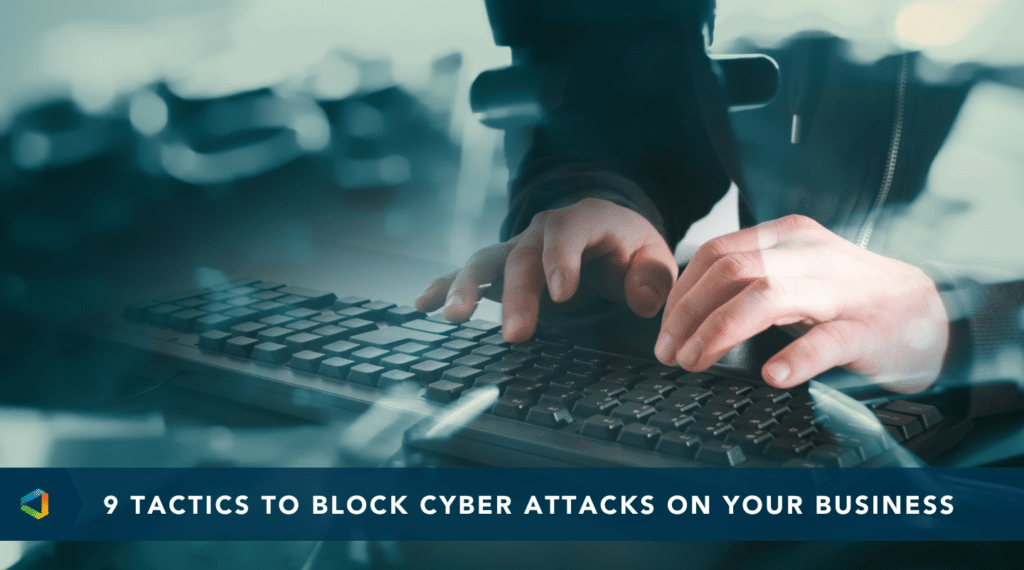Compliance Confidence
New Jersey Executive Order: Employers Must Institute Symptom Screening For Workers
New Jersey Executive Order: Employers Must Institute Symptom Screening For Workers
Building on the previous Executive Orders, procedures, and protocols for New Jersey businesses, the Governor issues this additional order to address the latest developments.
On October 28, Governor Philip Murphy signed Executive Order 192, establishing new guidelines to ensure safety of workers and the public. These new requirements are effective as of Thursday, November 5, at 6:00 am.
Need for the Executive Order
The Governor cites the latest developments as generating the need for this new order. These include:
- The return of a more significant portion of the workforce;
- The need to universally apply relevant health and safety measures across all industries;
- The increasing numbers of reported COVID-19 cases across the state;
- The need to curb the spread of the virus and ensure the safety of workers;
- The lack of occupational safety or health standards specific to COVID-19 from the Occupational Safety and Health Administration (OSHA); and
- The need to address health and safety complaints from workers and the public
Executive Order Directive
Applicability:
Every business, non-profit, and governmental or educational entity that requires or permits employees to be physically present at the workplace to perform work.
Requirements for Employers:
- Maintain physical distancing of at least six feet – employees must wear a mask if they cannot always maintain a six-foot physical distance
- Require employees, customers, visitors, and all entering the premises to wear a cloth or disposable face mask, unless under two years old or where it’s impracticable, e.g. eating, drinking, or the mask impedes the ability to perform the service
- Employee face mask requirements
- Faces masks not required once in the employee’s own workspace and they are more than six feet from others
- Employers must provide face masks to their employees
- Employers may decline entry to workers who don’t abide by the face mask requirements (exception for those who cannot wear due to a disability or other extenuating circumstance – here employers are required to provide an accommodation unless doing so would create an undue hardship on the employer’s operations)
- Customer face mask requirements
- Employers may decline entry to customers who don’t abide by the face mask requirements (exception for those who cannot wear due to a disability or other extenuating circumstance – here employers are required to provide an accommodation unless doing so would create an undue hardship on the employer’s operations)
- Where a customer or other visitor declines to wear a face mask on the premises due to a disability that inhibits such usage, neither the employer nor its employees shall require the individual to produce medical documentation verifying the stated condition, unless production is otherwise required by State or federal law.
- Provide sanitization materials, like hand sanitizer containing at least 60% alcohol and sanitizing wipes approved in the U.S. for SARS – CoV-2
- Ensure employees practice regular hand hygiene – employers may adopt appropriate policies for their business, like wearing gloves, hand washing, etc.
- Routine cleaning and disinfection of high-touch areas
- Prior to each shift, conduct daily health checks, e.g. temperature screenings, visual symptom checking, self-assessment, checklists/health questionnaires and maintain the confidentiality of such information as is consistent with the ADA, NJLAD, EEOC guidance, and other applicable laws
- Immediately separate and send home employees who appear to have symptoms and must allow individuals to use accrued leave
- Promptly notify all employees of any known exposure to COVID-19 at the worksite, maintaining the confidentiality of the individual, per ADA requirements and EEOC guidance
- Clean and disinfect worksite per CDC guidelines when an employee has been diagnosed with COVID-19
- Continue to follow guidelines and directives issued by NJ Department of Health, the CDC and OSHA
[These provisions do not apply if they interfere with the discharge of operational duties of first responders, emergency management personnel, emergency dispatchers, health care personnel, public health personnel, law enforcement and correctional personnel, hazardous materials responders, transit workers, child protection and child welfare personnel, housing and shelter personnel, and governmental employees engaged in emergency response activities. Further, it does not apply to U.S. government or religious institutions to the extent it would prohibit the free exercise of religion.]
Requirements for NJ Departments and Municipalities:
✓ The Department of Labor (DOL) shall establish a mechanism for receiving and addressing consumer and employee complaints against those not following the order. Additionally, they must provide compliance and safety training for employers and employees through funding of training partners to develop and deliver the training along with notice and informational materials
✓ The Department of Health (DOH) shall establish a process for investigating complaints, including worksite inspections and issuing subpoenas for information and shall work in accordance with the DOL to coordinate with other federal and state agencies
✓ No municipality, county, or any other agency may enact or enforce any order contrary to, or that impedes compliance with, this order
Failure to comply:
Violations will result in penalties and other actions up to, and including, closure of the business
Next Steps
- Employers should review steps 1-10 above to determine their current compliance with these protocols and take steps to implement any additions or enhancements necessary to comply.
- Monitor the NJ Department of Labor and Workforce Development’s (NJ DOLWD) website to stay abreast of any new tools or changing requirements
- Consult with the DOLWD and your personal labor and employment counsel on any questions or concerns regarding implementation for your business




